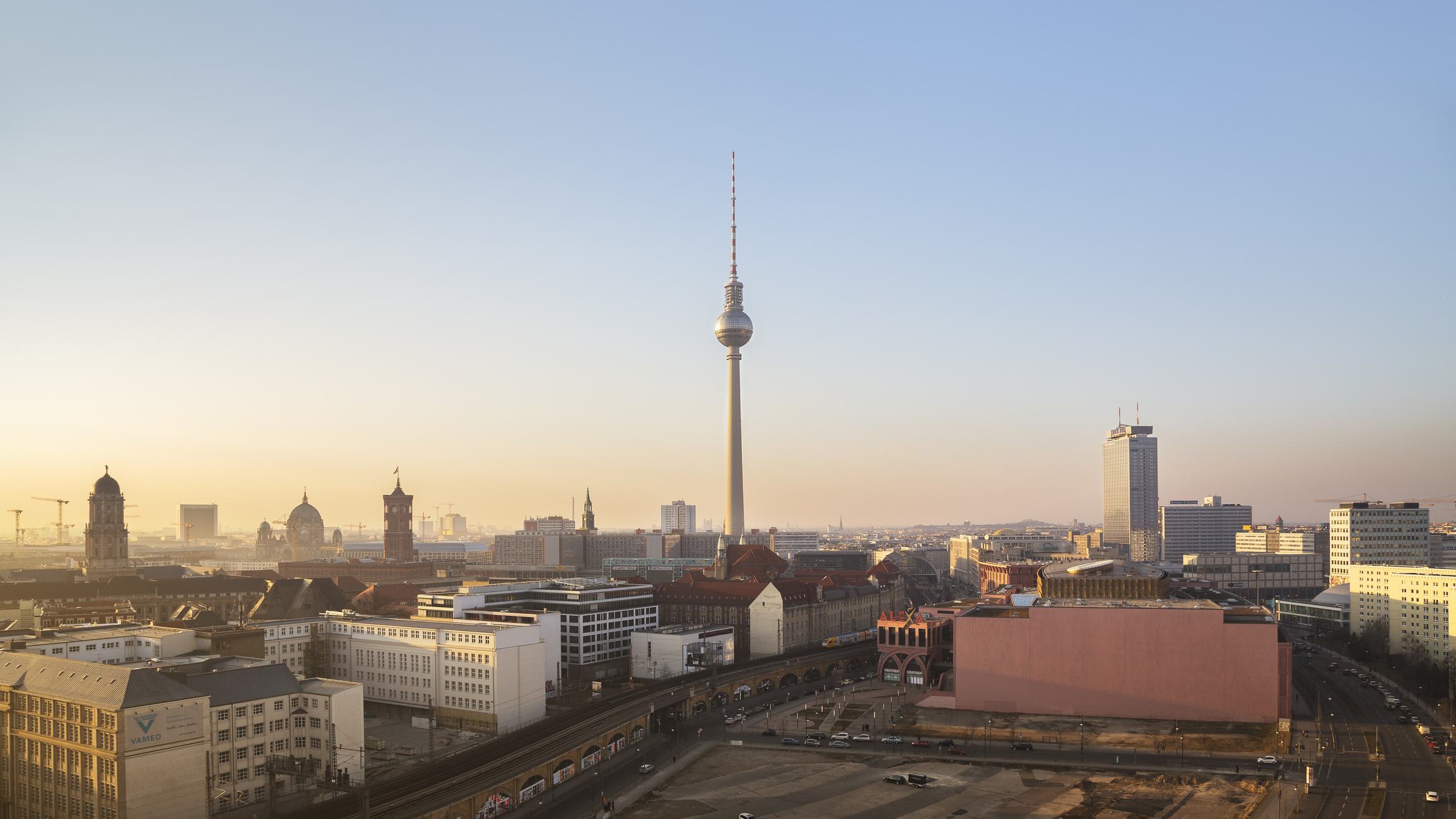Germany’s economy is facing challenges that threaten the viability of its growth model, a report has claimed.
By 2050, Germany could be overtaken economically by Japan and Indonesia, according to the report by Economist Intelligence Unit released on July 31.
Despite Germany’s highly skilled and educated workforce and relatively low public debt, the country’s real GDP growth has been the weakest among the G7 nations since the pandemic.
Germany’s economy has grown only 0.3 per cent since the pre-pandemic period, which is the weakest among the G7 countries. This suggests that Germany has struggled to recover from the pandemic’s economic impact.
In contrast, the US shows the highest growth of 8.6 per cent indicating a more robust recovery. Canada and Italy also show strong performance with growths of 4.9 per cent and 4.6 per cent, respectively.

This performance can be attributed to the limitations of Germany’s current economic model, according to Economist Intelligence.
The report identified four main challenges facing Germany’s economy : Trade dependency on the US and China; high energy prices; lack of public investment; and what is called a “poor demographic outlook”.
Germany’s reliance on trade and dependence on the US and China weakens growth amid rising protectionism, it said.
“The German growth model has historically relied on globalisation and cheap energy inputs to fuel rising wages and living standards. Germany’s economy is highly export-oriented and strongly interlinked with the US and Chinese markets,” the report stated.
German firms have been pushing hard against trade barriers with China on Chinese-made electric vehicles.
Germany’s VDA auto association has urged the European Commission to drop its planned tariffs on China-made electric vehicles in a last-ditch effort to influence negotiations ahead of the tariffs kicking in on Thursday. https://t.co/H8ySns6UNb
— Brussels Signal (@brusselssignal) July 3, 2024
Germany’s trade balance with China has turned negative in recent years due to post-Covid inflation of imported-goods prices and a rebound in domestic demand.
Across the Atlantic, the upcoming US elections in November could also negatively impact Germany.
“We expect Donald Trump to win the US presidential election, and we expect the weighted average US tariff rate to increase to between 5 per cent and 10 per cent (from 2 percent currently) by late 2025,” the report predicted.
Another report published by the Economist Intelligence Unit warned that Germany was likely to be the world’s third-most affected country by a second Trump presidency, with its “Trump Risk Rating” at 72.8 points out of 100 on security exposure and 55.5 on trade.
Additionally, it said high energy prices posed a significant threat to productivity. The competitiveness of German industries has been weakened by higher energy costs following Russia’s invasion of Ukraine in 2022.
“This will accelerate Germany’s structural shift away from dependence on industrial activity towards its services industries,” the Intelligence Unit predicted.
An August 1 survey by Germany’s DIHK Chambers of Industry and Commerce showed that an increasing number of German firms were considering reducing production or relocating abroad.
High energy prices and a lack of reliable energy supplies are hindering German companies’ production and investments, with a growing trend of industrial firms considering relocating abroad, a new survey has revealed.
Full article ?? https://t.co/CzX5rote0B pic.twitter.com/i0ZwgutQPb
— Brussels Signal (@brusselssignal) August 2, 2024
Germany’s labour pool has also been tanking, reflecting to the country’s poor demographic outlook, the report said.
At the same time, Germany’s increasingly tough immigration policies will not help the country incorporate new talent amid its ageing labour market. This situation will likely increase the tax burden of the country’s working population to fund retirement, the Intelligence Unit forecast.
“Labour shortages will become a more pressing issue over the coming decades,” the report warned.
Still, according to the Economist Intelligence Unit, the country could “counterbalance this by leveraging its skilled workforce and high-tech infrastructure with new ‘green’ and digital investments”.
Nevertheless, transitioning towards ‘green’ policies was not without risks, it added. For instance, it pointed out, Sweden’s largest wind-power plant is already facing big economic losses.
Sweden’s Markbygden Ett, Europe’s largest wind-power plant, has lost more than €322 million since its start-up and between 2017 and 2023. https://t.co/tHldcckSwI
— Brussels Signal (@brusselssignal) August 1, 2024





